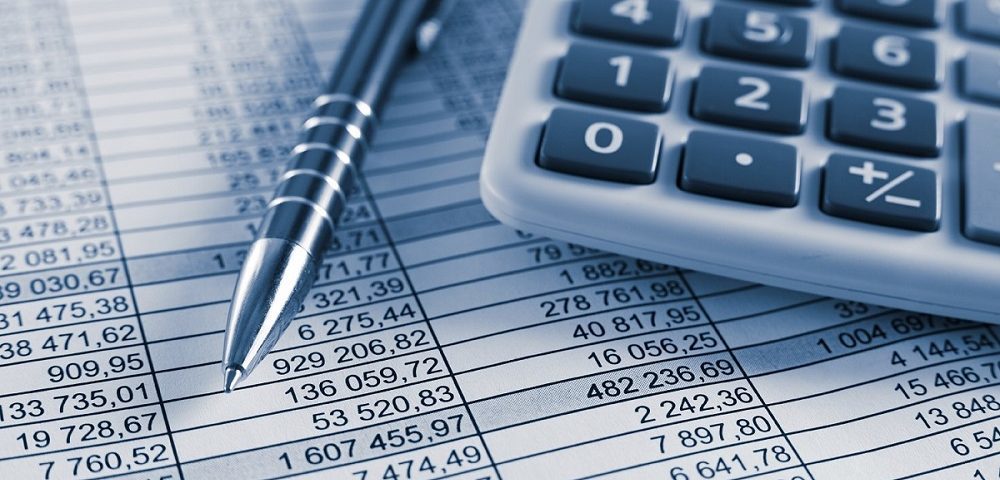What Goes Into the Calculation of Business Credit?

You may have been asking yourself– What Goes into the Calculation of Business Credit? Or you need to know what has an effect on company credit score. Well not to worry, as here are all the specifics for anybody questioning just exactly how does business credit score work.
The Credit Reporting Agencies
There are three significant credit reporting agencies and they all determine your score slightly differently. While most of the concepts are the same, the emphasis put on each variable varies. This is the reason why you at times see variations in credit scores depending upon who’s doing the reporting. So long as there are no errors on the report, the numbers should be similar but they are not necessarily going to be identical.
Dun & Bradstreet (PAYDEX)
D & B makes a number of proprietary computations to attempt to determine whether your company can pay its invoices. One of these is the Financial Stress Scores,which is an attempt to predict how likely it is your business will fail in the next twelve months. Business failure is defined as: you get legal relief from your creditors (often, that’s bankruptcy); you stop all of your business operations without totally paying all of your creditors; or you willingly withdraw from your small business operations and because of this you leave past due obligations; you enter into business reorganization or receivership; or you make a plan for the benefit of your creditors. Dun & Bradstreet’s scores extend from 1,001 to 1,875. A score of 1,001 represents the highest chance while a figure of 1,875 shows the lowest chance of business failure.
The PAYDEX Score,in contrast, serves as Dun & Bradstreet’s dollar-weighted review of how your business has paid its invoices during the past year. D & B bases this score on trade experiences as reported by a variety of vendors. The D & B PAYDEX Score runs from 1 to 100. As you might expect, higher scores mean a better payment performance.
Equifax
A few of the more vital pieces of data Equifax looks into are credit usage, public records, and how your small business deals with its financial and nonfinancial accounts. By removing debts as promptly as possible and not going delinquent, always keeping your company’s credit utilization reasonable (use no more than 30% of your total available credit for best results), and steering clear of tardy payments, you should have a good Equifax score.
Experian
The same as Equifax and Dun & Bradstreet, Experian looks into not only the amount of credit you are using, but also how quickly your company is paying off its financial obligations. Experian also reviews bankruptcies, and judgments or liens against your business, and any UCC filings. Experian also investigates any tax liens against your business. They also derive some of their scoring on the amount of time your business has been in business and how long your company has had an Experian listing. The longer that is, then the better.
Takeaways
For all of the large credit reporting bureaus, while the particulars may be balanced a little differently, the bottom line is that they are all evaluating how reliably your company employs credit. Do you pay your bills in a timely manner or in advance, and in full? Then your score will be a lot better. Do you use so much credit that your company has trouble paying it off on time, and accounts go to collections? Then your score will be worse. Judgments and liens will adversely affect your score; more responsible time in business will favorably affect it.
Keep on using credit responsibly, and your small business’s credit score is bound to be a good one and stay that way.
